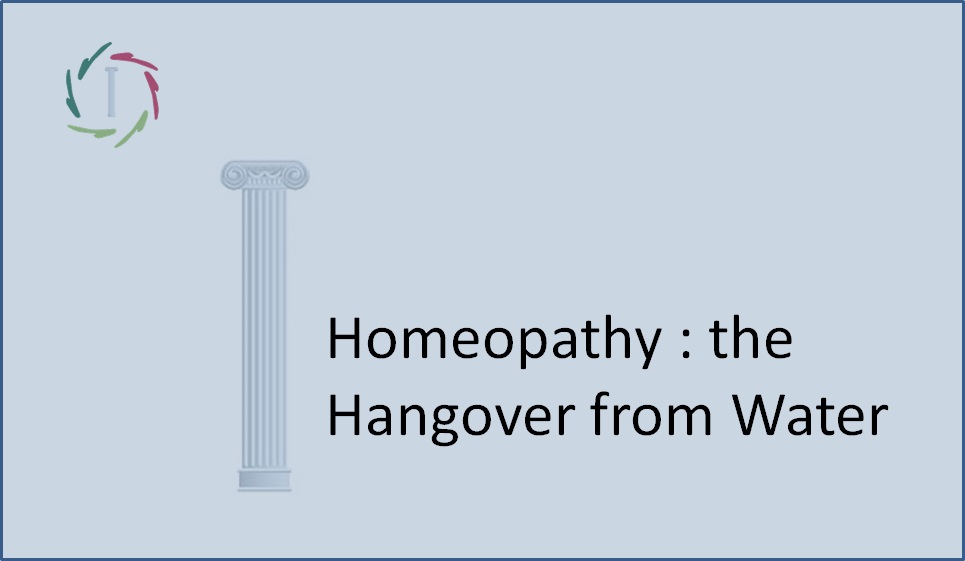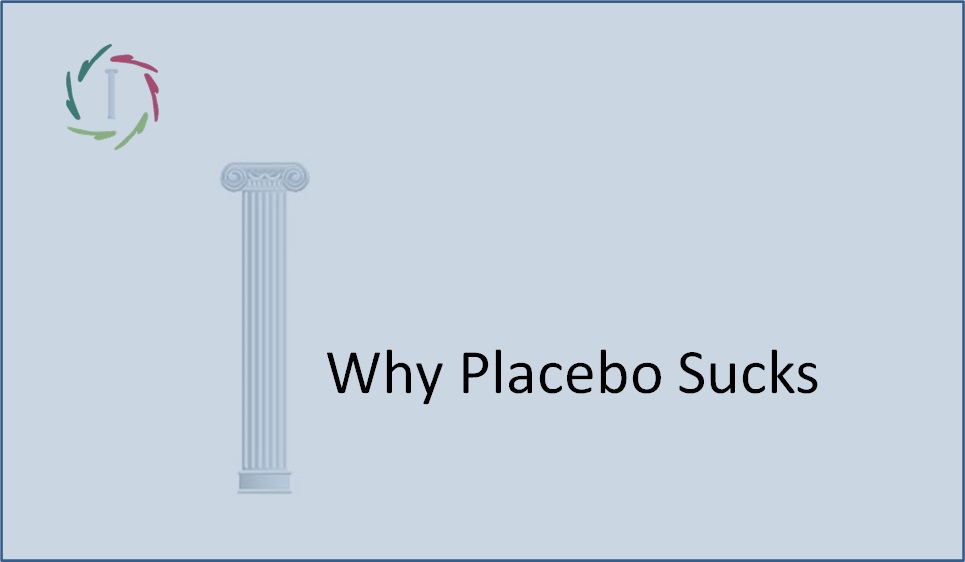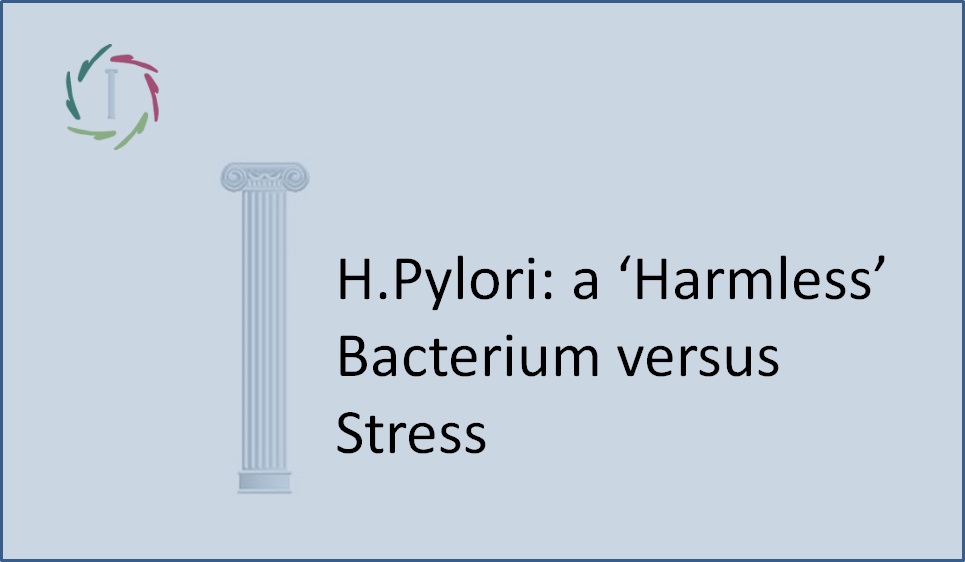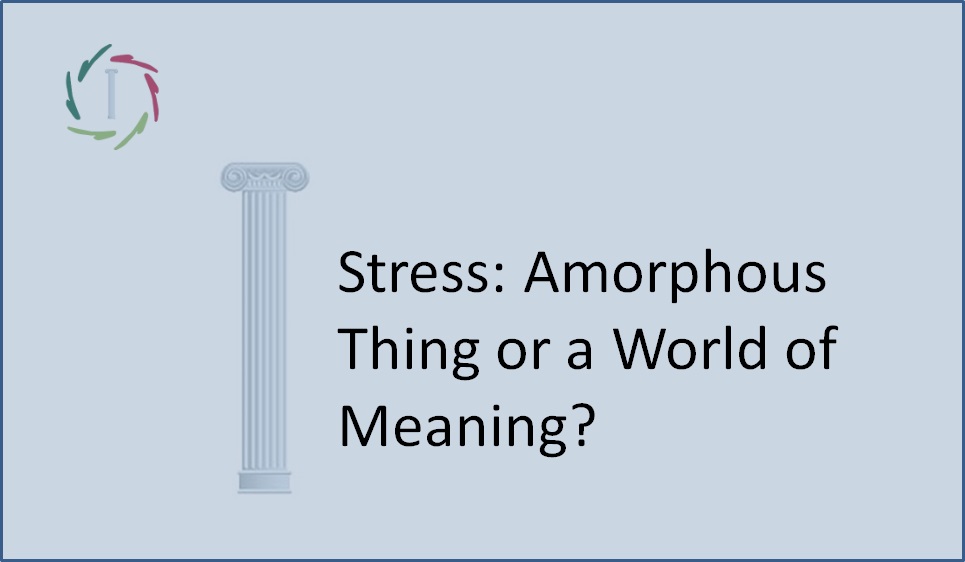5. Homeopathy : the Hangover from Water

Of course ‘it’ works. Of course ‘it’ is a just a placebo: the patient as medicine.
“I can feel it working. Do I need more evidence?…”
In essence homeopathy does not appear to be rational (does water work???), however this barely influences the Average Joe. He seeks legitimacy elsewhere. It is recommended by insurance companies. Some physicians are homeopaths. One finds these products in pharmacies. Some homeopathic organizations are well-known. Often media reports that ‘homeopathy is proven’. There’s the neighbor’s daughter asserting to be cured by it, that colleague sincerely sticking to it, etc.
On February 2010 the ‘Science and Technology Committee’ has released a definitive recommendation commissioned by the British parliament and after excessive consultations of all parties involved (http://www.publications.parliament.uk/pa/cm200910/cmselect/cmsctech/45/4504.htm). Their conclusion: the NHS (National Health Services in the UK) should not fund homeopathy. Doctors should not refer their patients to homeopaths. No further investigations need to be done concerning homeopathy as there is sufficient evidence against. It would be “throwing good money after bad”.
“And yet I feel it works.” Of course. So does it?
Actually this question contains a flaw in thinking. Namely: you are asked about ‘it’ without specifying ‘it’. Is ‘it’ the water? Or is ‘it’ the complete package including the article in a magazine or the conversation with the neighbor whose daughter… Or is ‘it’ perhaps the strange phenomenon called placebo-effect?
Of course ‘it’ works
According to me, your Average Joe is also susceptible to the latter… if someone draws his attention to it. We can prevent this by asking: “Does it help or not?” Of course ‘it’ works. A large number of people know that. So what is this ‘it’ then? Is it possible that the ‘healing water’ is the placebo? This can even be complemented with a statement like “If so many people benefit, we cannot assume this to be a mere placebo.” … But what if it is indeed possible?!
One can also reverse the story: of course water doesn’t work.
Naturally the result is responsible for the placebo-effect. Homeopathy is within its water-aspect proof of the inner strength of the users, thus everyone. The reversed story seems more rational and more humane.
What to do with homeopathy?
The recommendations of the Science and Technology Committee are radical… True. Homeopathic water is water. That starts and ends my narrative… if only concerning rationality. The humane aspect includes the vessel that transports the placebo-effect to our inner strength. Taking away that vessel means that many people would be left out in the cold. It creates a vacuum that opens the proverbial can of worms, such as perhaps an alternative with many direct side-effects… You can regard homeopathy as a part of something that acts like a swamp, namely that of many alternative forms of healing which are basically identical. Remove an item and you create a shift such that the whole remains unchanged. Like an organic entity utilizing every niche. If you wield the axe on it, a replacement is already waiting.
Looking at the niche, not the vessel
The solution lies not in looking at what fills the niche, but at the niche itself. Is it important? Then fill it up rationally. In this case it’s a niche of deep humanity. The fact that it attracts just about anything like a vacuum, is a responsibility for regular medicine to offer an alternative for alternatives.
If the niche is decently covered, the irrational alternatives will automatically disappear.
And concerning the users: they certainly do not want to be cheated… unless they are not offered a choice. However, they do have a right to an choice that is both rational and effective while taking into account what homeopathy proves, namely that ‘it’ works. Let’s continue from there. Then we won’t be suffering from a huge hangover but will enjoy a new start for using the patient as medicine.


